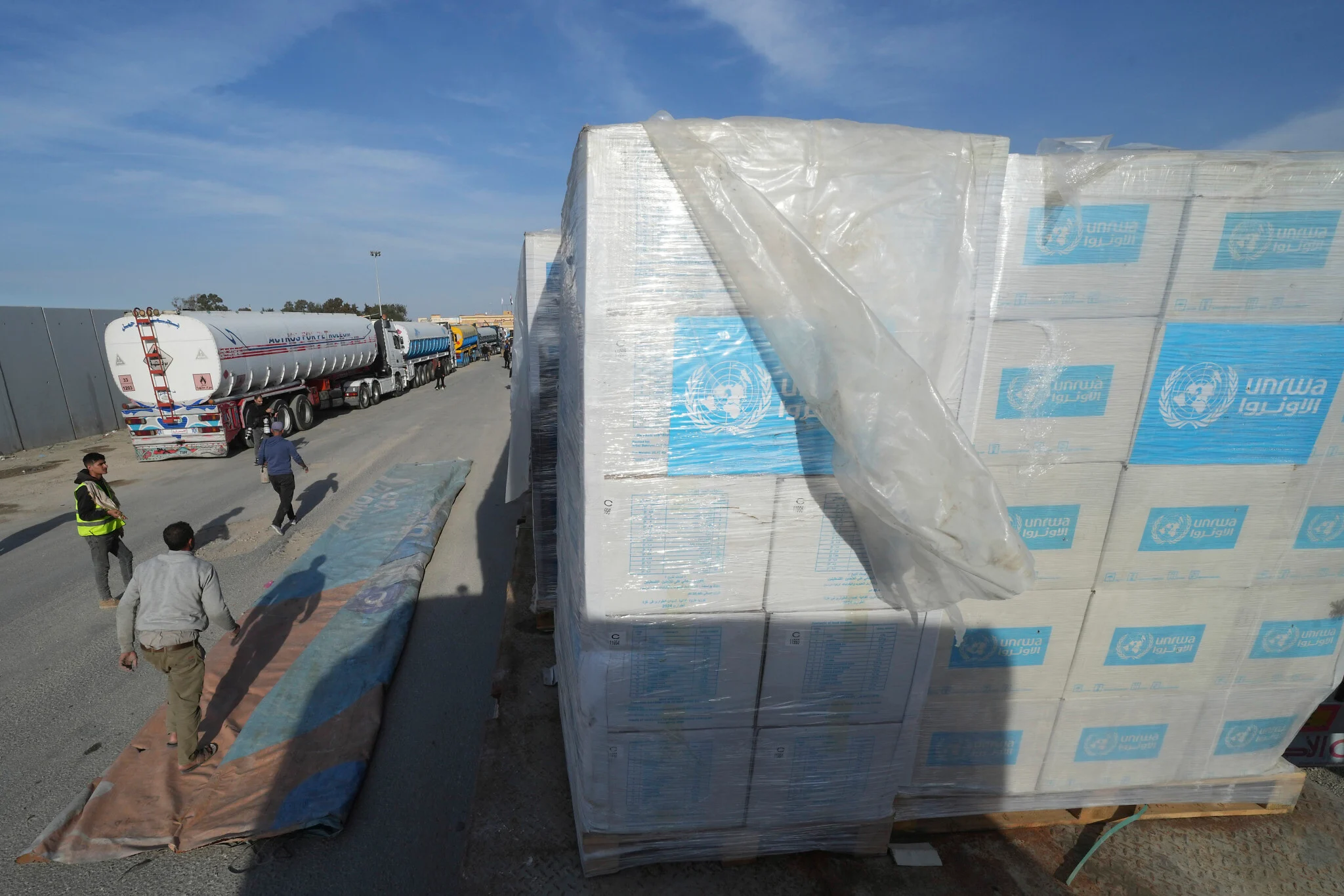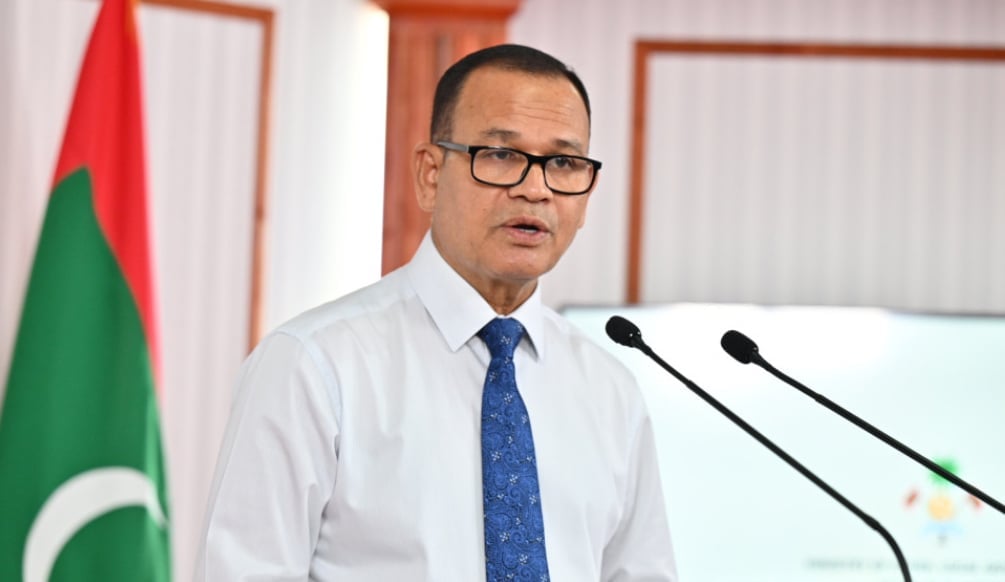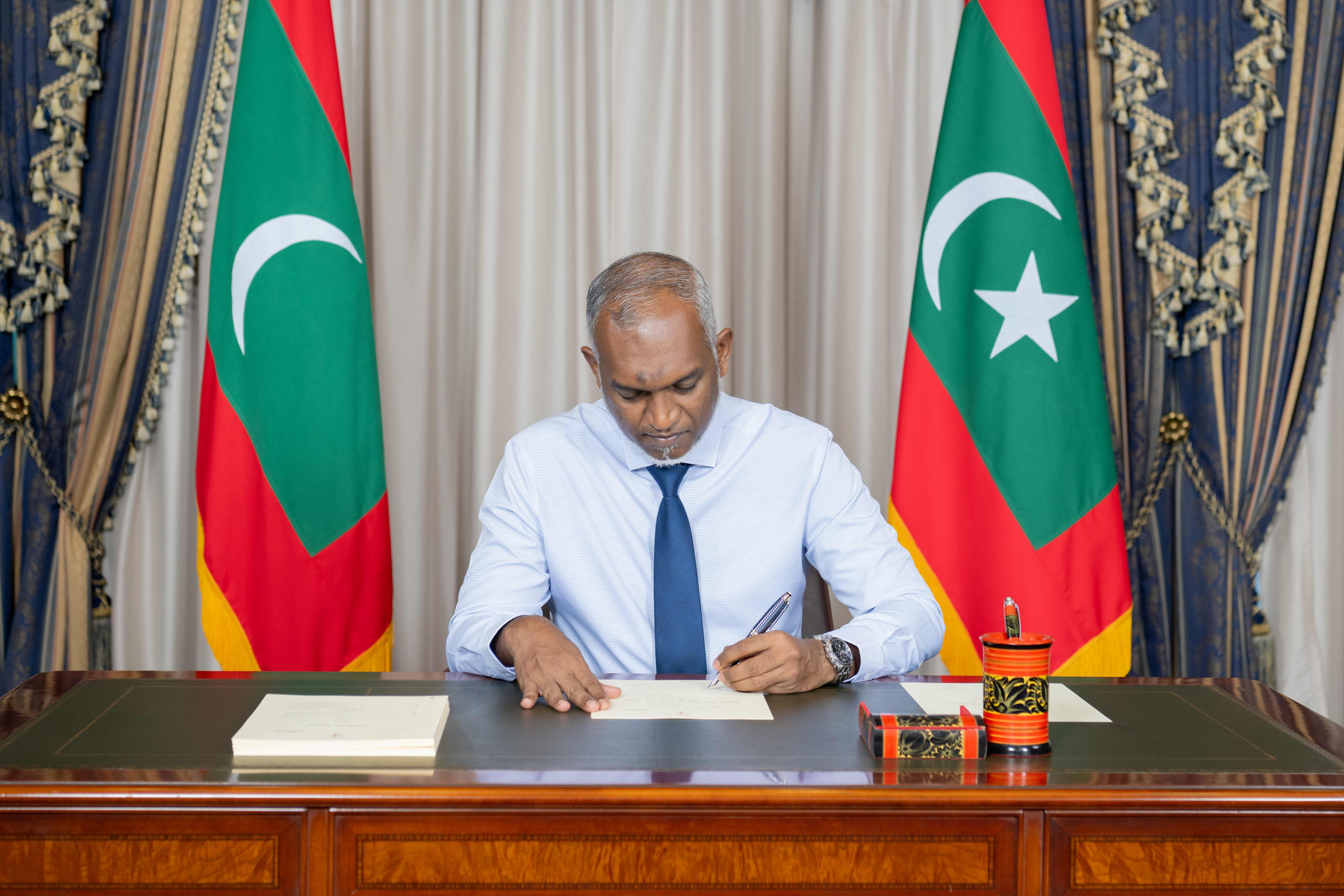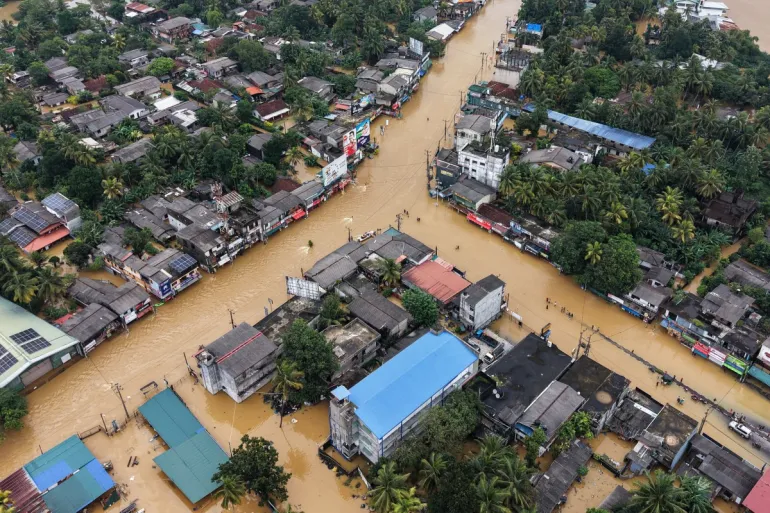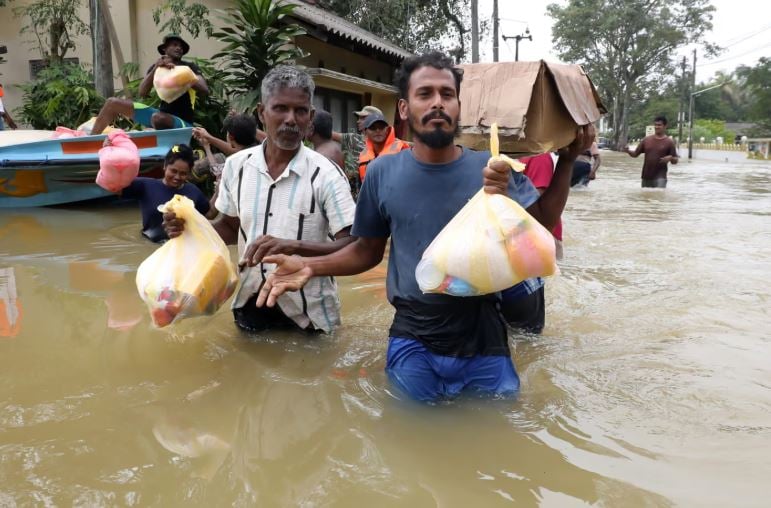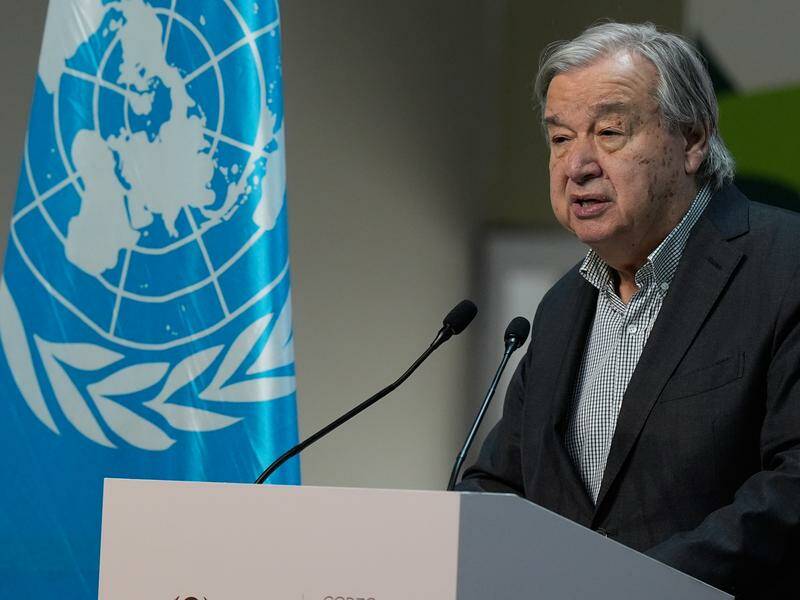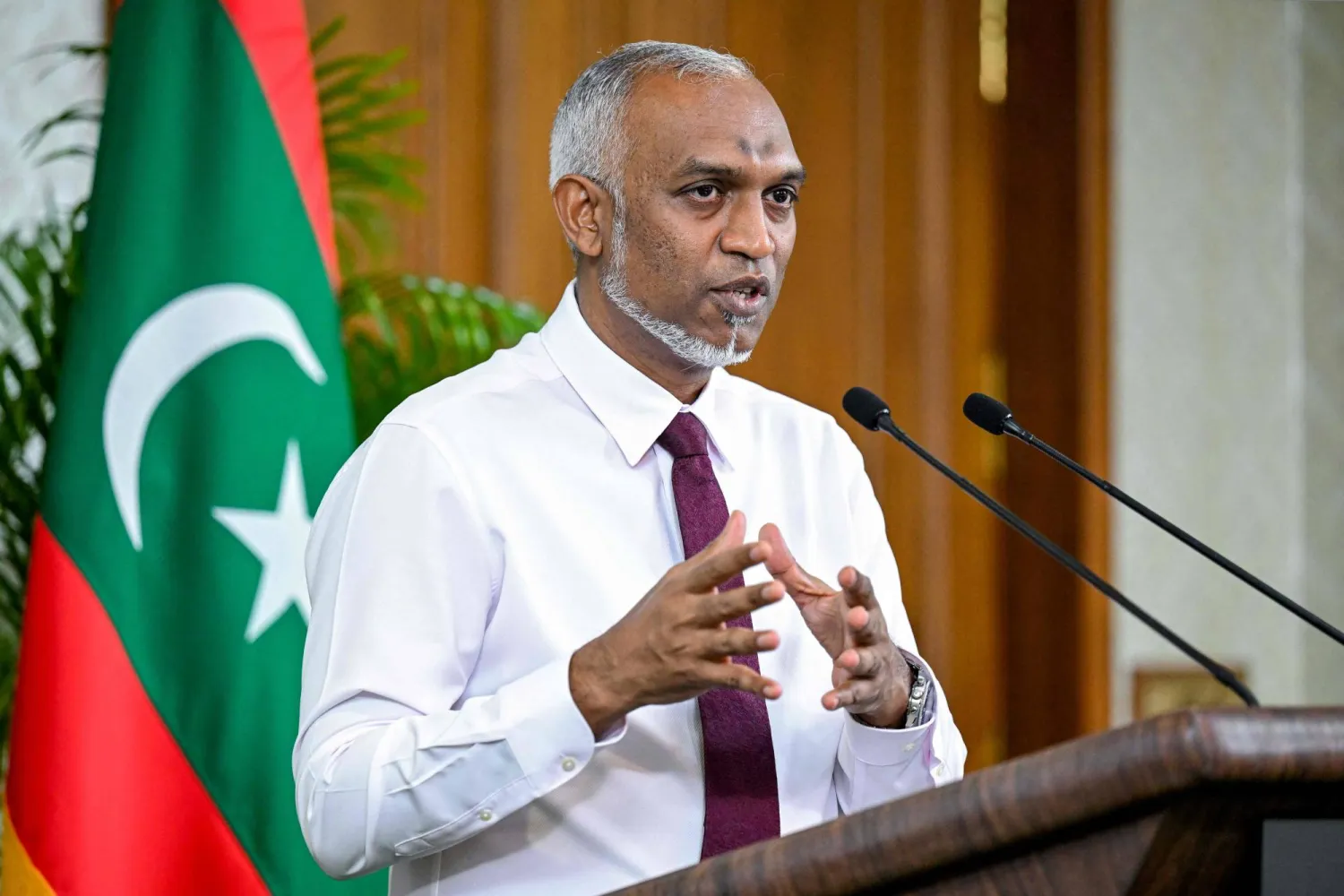The UN Relief and Works Agency for Palestine Refugees (UNRWA) announced on Friday that it continues humanitarian operations in Gaza and the occupied Palestinian territories despite an Israeli ban that took effect on January 30. The law prohibits UNRWA activities on Israeli land, including annexed East Jerusalem, and bars contact with Israeli authorities. International powers, including Britain, France, and Germany, have expressed concerns about the potential impact on Gaza’s fragile humanitarian situation.
Juliette Touma, UNRWA's Director of Communications, warned that disruptions to aid delivery could jeopardize the ceasefire between Israel and Hamas. "If UNRWA is not allowed to continue to bring and distribute supplies, the fate of this very fragile ceasefire is at risk," she said. Despite challenges, the agency continues to provide essential services, including bringing in supplies to Gaza and serving Palestinian refugees in East Jerusalem.
Touma highlighted increasing hostility toward UNRWA staff, including checkpoint delays and harassment, as international personnel have left due to expired visas. Israel has criticized the agency, accusing some staff of involvement in the October 7, 2023, attacks on Israel. The UN confirmed the dismissal of nine staff members.
Israel's Foreign Minister Gideon Saar emphasized that humanitarian aid could be facilitated through other agencies, not UNRWA. Meanwhile, the World Health Organization warned of an urgent need for medical evacuations from Gaza, with thousands of patients waiting at the Rafah crossing, as international organizations call for the opening of a medical corridor.
Juliette Touma, UNRWA's Director of Communications, warned that disruptions to aid delivery could jeopardize the ceasefire between Israel and Hamas. "If UNRWA is not allowed to continue to bring and distribute supplies, the fate of this very fragile ceasefire is at risk," she said. Despite challenges, the agency continues to provide essential services, including bringing in supplies to Gaza and serving Palestinian refugees in East Jerusalem.
Touma highlighted increasing hostility toward UNRWA staff, including checkpoint delays and harassment, as international personnel have left due to expired visas. Israel has criticized the agency, accusing some staff of involvement in the October 7, 2023, attacks on Israel. The UN confirmed the dismissal of nine staff members.
Israel's Foreign Minister Gideon Saar emphasized that humanitarian aid could be facilitated through other agencies, not UNRWA. Meanwhile, the World Health Organization warned of an urgent need for medical evacuations from Gaza, with thousands of patients waiting at the Rafah crossing, as international organizations call for the opening of a medical corridor.





